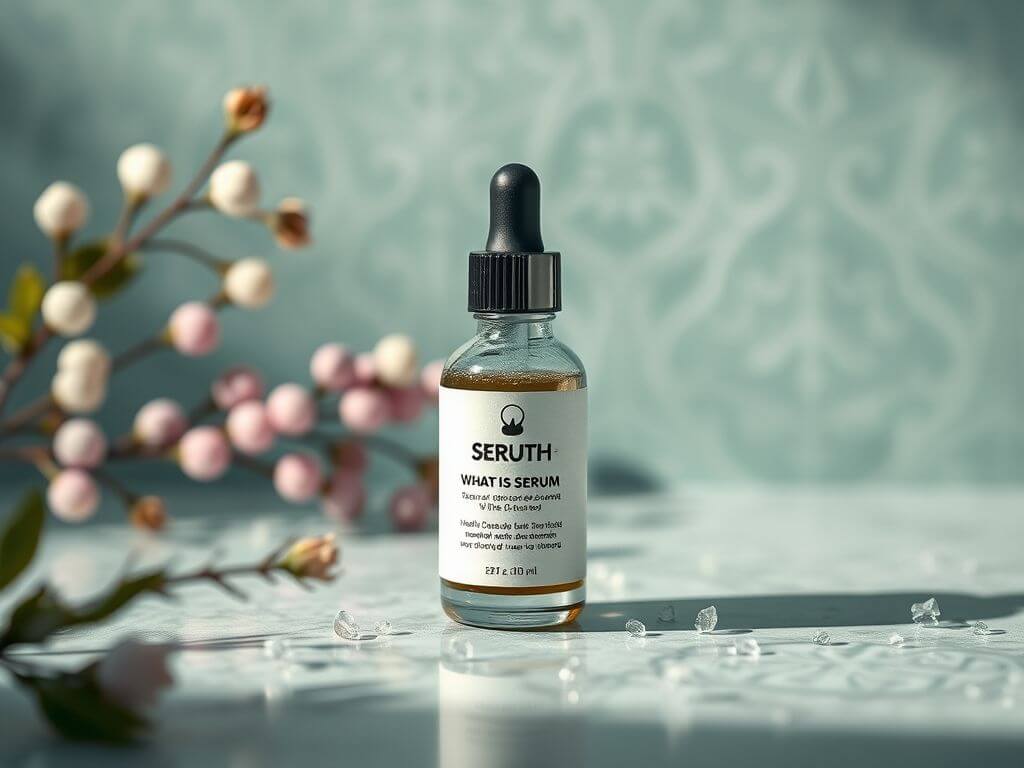What Is Serum?
Serum is a lightweight skincare product designed to deliver powerful ingredients directly into the skin. Unlike moisturizers, serums are often more concentrated and typically contain a higher percentage of active ingredients that target specific skin concerns, such as wrinkles, fine lines, hyperpigmentation, or dryness.
The Importance of Serum in Your Skincare Routine
In the world of health, beauty, and wellness, serums play a crucial role. They act as a bridge between your cleanser and moisturizer, providing an additional layer of nourishment. Using a serum can enhance the efficacy of your skincare routine by:
- Targeting Specific Skin Concerns: Serums can address particular issues like acne, aging, or dryness with specialized formulations.
- Delivering Active Ingredients: The lightweight texture allows for better absorption of potent ingredients like vitamins, antioxidants, and peptides.
- Boosting Hydration: Many serums include hydrating agents that help to lock moisture into the skin.
Types of Serums
Understanding the different types of serums available can help you choose the right one for your skin needs. Here are some popular types:
- Vitamin C Serums: Known for brightening the skin and reducing signs of aging.
- Hyaluronic Acid Serums: Excellent for hydration, helping the skin retain moisture.
- Retinol Serums: Effective for anti-aging, promoting cell turnover and reducing wrinkles.
- Niacinamide Serums: Great for calming inflammation and improving skin texture.
How to Incorporate Serum into Your Daily Routine
Incorporating serum into your skincare routine can be simple. Here’s a step-by-step guide:
- Cleanse: Start with a gentle cleanser to remove dirt and impurities.
- Tone: Apply a toner to prepare your skin for better absorption.
- Apply Serum: Use a few drops of serum on your fingertips and gently press it into your skin.
- Moisturize: Follow up with a moisturizer to seal in the serum’s benefits.
- Sunscreen: During the day, finish with a broad-spectrum sunscreen for protection.
Real-World Applications of Serums
Serums can be adapted to various skin types and conditions. For example:
Get more content like this!
Sign up to receive updates and new terms first hand.
- If you have oily skin, a lightweight niacinamide serum can help control shine and minimize pores.
- For dry skin, a hyaluronic acid serum can provide the moisture boost needed to keep skin hydrated.
- Those concerned with aging may find retinol serums particularly beneficial, as they promote cell renewal and improve skin texture.
Choosing the Right Serum for Your Skin
When selecting a serum, consider your skin type and specific concerns. Here are some tips:
- Identify Your Skin Type: Determine if your skin is oily, dry, combination, or sensitive.
- Know Your Goals: Decide what you want to achieve, whether it’s hydration, anti-aging, or brightening.
- Read Ingredients: Look for serums with high-quality ingredients that align with your skin’s needs.
Popular Serums in Massachusetts
Local clients in Massachusetts may be interested in popular brands and products. Some well-loved serums include:
- SkinCeuticals C E Ferulic: A potent vitamin C serum that brightens and protects the skin.
- The Ordinary Hyaluronic Acid: An affordable yet effective option for hydration.
- Drunk Elephant T.L.C. Framboos Glycolic Night Serum: A blend of AHAs and BHAs for texture improvement.
Conclusion: The Practical Benefits of Using Serum
Incorporating a serum into your skincare routine can lead to visible improvements in your skin’s health and appearance. From targeting specific skin issues to enhancing overall hydration, serums offer versatile solutions for everyone. As you explore the various options available, remember that the right serum can make a significant difference in your skincare journey.
Related Concepts
Understanding serums can also lead you to explore related skincare products, such as:
- Moisturizers: To provide an extra layer of hydration.
- Exfoliants: To help remove dead skin cells and improve texture.
- Face Masks: For deeper treatment once or twice a week.
Now that you know what serum is and how to use it effectively, consider experimenting with different types to find the perfect match for your skin. Your skincare routine deserves the best!

